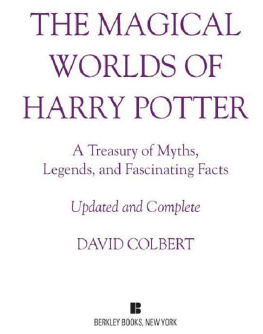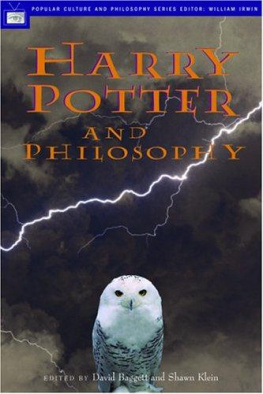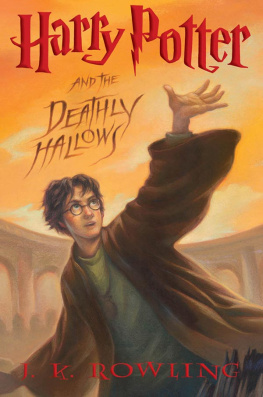Table of Contents
The Blackwell Philosophy and Pop Culture Series
Series Editor: William Irwin
South Park and Philosophy
Edited by Robert Arp
Metallica and Philosophy
Edited by William Irwin
Family Guy and Philosophy
Edited by J. Jeremy Wisnewski
The Daily Show and Philosophy
Edited by Jason Holt
Lost and Philosophy
Edited by Sharon Kaye
24 and Philosophy
Edited by Richard Davis, Jennifer Hart Weed, and Ronald Weed
Battlestar Galactica and
Philosophy
Edited by Jason T. Eberl
The Office and Philosophy
Edited by J. Jeremy Wisnewski
Batman and Philosophy
Edited by Mark D. White and Robert Arp
House and Philosophy
Edited by Henry Jacoby
Watchmen and Philosophy
Edited by Mark D. White
X-Men and Philosophy
Edited by Rebecca Housel and J. Jeremy Wisnewski
Terminator and Philosophy
Edited by Richard Brown and Kevin Decker
Heroes and Philosophy
Edited by David Kyle Johnson
Twilight and Philosophy
Edited by Rebecca Housel and J. Jeremy Wisnewski
Final Fantasy and Philosophy
Edited by Jason P. Blahuta and Michel S. Beaulieu
Iron Man and Philosophy
Edited by Mark D. White
Alice in Wonderland and
Philosophy
Edited by Richard Brian Davis
True Blood and Philosophy
Edited by George A. Dunn and Rebecca Housel
Mad Men and Philosophy
Edited by Rod Carveth and James South
30 Rock and Philosophy
Edited by J. Jeremy Wisnewski
This book is printed on acid-free paper.

Copyright 2010 by John Wiley & Sons. All rights reserved
Published by John Wiley & Sons, Inc., Hoboken, New Jersey
Published simultaneously in Canada
No part of this publication may be reproduced, stored in a retrieval system, or transmitted in any form or by any means, electronic, mechanical, photocopying, recording, scanning, or otherwise, except as permitted under Section 107 or 108 of the 1976 United States Copyright Act, without either the prior written permission of the Publisher, or authorization through payment of the appropriate per-copy fee to the Copyright Clearance Center, 222 Rosewood Drive, Danvers, MA 01923, (978) 750-8400, fax (978) 646-8600, or on the web at www.copyright.com. Requests to the Publisher for permission should be addressed to the Permissions Department, John Wiley & Sons, Inc., 111 River Street, Hoboken, NJ 07030, (201) 748-6011, fax (201) 748-6008, or online at http://www.wiley.com/go/permissions.
Limit of Liability/Disclaimer of Warranty: While the publisher and the author have used their best efforts in preparing this book, they make no representations or warranties with respect to the accuracy or completeness of the contents of this book and specifically disclaim any implied warranties of merchantability or fitness for a particular purpose. No warranty may be created or extended by sales representatives or written sales materials. The advice and strategies contained herein may not be suitable for your situation. You should consult with a professional where appropriate. Neither the publisher nor the author shall be liable for any loss of profit or any other commercial damages, including but not limited to special, incidental, consequential, or other damages.
For general information about our other products and services, please contact our Customer Care Department within the United States at (800) 762-2974, outside the United States at (317) 572-3993 or fax (317) 572-4002.
Wiley also publishes its books in a variety of electronic formats. Some content that appears in print may not be available in electronic books. For more information about Wiley products, visit our web site at www.wiley.com.
Library of Congress Cataloging-in-Publication Data:
The ultimate Harry Potter and philosophy : Hogwarts for Muggles / edited by Gregory Bassham.
p. cm.(The Blackwell philosophy and pop culture series)
Includes bibliographical references and index.
ISBN 978-0-470-39825-8 (paper: alk. paper);
ISBN 978-0-470-62708-2 (ebk);
ISBN 978-0-470-62734-1 (ebk);
ISBN 978-0-470-62735-8 (ebk)
1. Rowling, J. K.Philosophy. 2. Rowling, J. K.Themes, motives. 3. Rowling, J. K.Characters. 4. Potter, Harry (Fictitious character) 5. Hogwarts School of Witchcraft and Wizardry (Imaginary organization) 6. Philosophy in literature. 7. Childrens stories, EnglishHistory and criticism. 8. Fantasy fiction, EnglishHistory and criticism. I. Bassham, Gregory, 1959-
PR6068.093Z8888 2010
823.914dc22
2010016880
For David Baggett
FOREWORD
Tom Morris
In 2004, there was an important literary event involving Harry Potter that didnt require sleepy parents to show up before midnight at bookstores around the world with hyperactive, well-costumed children trembling in anticipation of a new adventure and completely unable to sleep. It didnt involve J. K. Rowling writing something new or even leaving her home for a special appearance, and it never sparked front-page newspaper headlines or special television news bulletins. It was the surprising publication of an unexpected book: Harry Potter and Philosophy: If Aristotle Ran Hogwarts , edited by the philosophers David Baggett and Shawn Klein.
What made this a remarkable occurrence for Harry and his fans and the broader world of readers is that it demonstrated the range and depth of attention this ongoing story was receiving, not only among kids, teens, and imaginative young adults, but also throughout the professorial ranks of the academic world. The wizards of wisdom in our colleges and universities were taking note of Harrys remarkable story and were finding in it great ideas and lessons for life. Courage, duplicity, friendship, happiness, justice, love, and ambition joined issues of good, evil, death, and freedom, among many other topics, in this remarkable examination of themes to be found in the adventures of Harry Potter as they unfolded before us, book after book.
When I was initially asked to write an essay for that first collective philosophical look at the deeper themes in the Potter tales, I must admit that I was simply perplexed. At the time, I wasnt a Potter reader. I thought these were just books for kids. But after one of the editors of the project vigorously assured me that the Harry Potter stories were for everyone and were enthralling people of all ages around the globe, I cracked open the first volume mainly out of curiosity and then, like many adults before me, was instantly hooked. In no time at all, whenever I prepared to sit down to read, I felt a strange urge to dress up in black robes and a tall, pointed hat. I breezed through the first four volumes, which were then the only ones in print, and subsequently began to read each one again, slowly, while awaiting the new books, savoring the intricacies of the story and the sparks of wisdom I started to see everywhere.
By the time the series was complete, I had read most of the seven large volumes six times through, and with deeper insights as my reward each time. There was much more going on in Harrys world than met the casual glance, and far beyond the hidden skullduggery and secret machinations of the many characters. Ideas were percolating under the surface. Real wisdom was suffused throughout the pages. The former classics major Joanne Rowling was not merely a masterful storyteller, but was also a talented weaver of profound perspectives on some of the things that matter most in our lives.

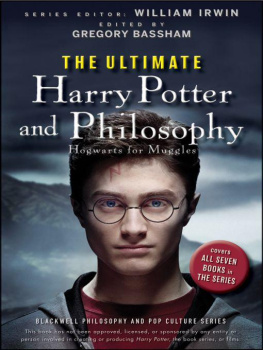
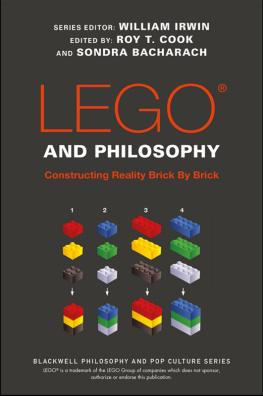
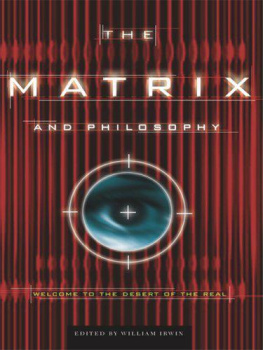
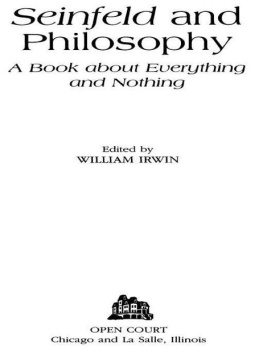
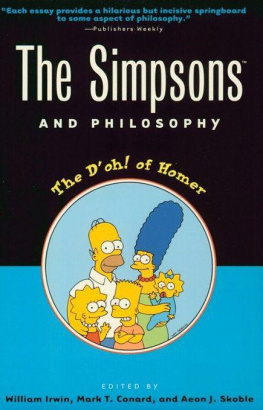
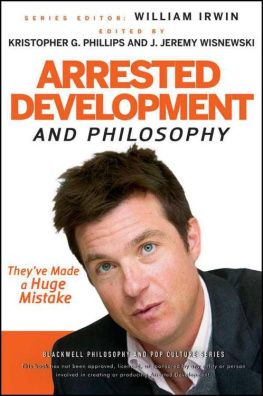


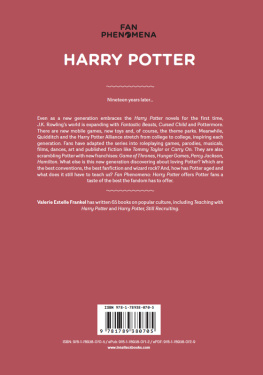
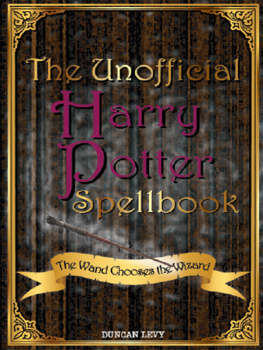
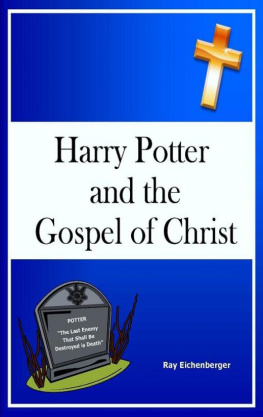
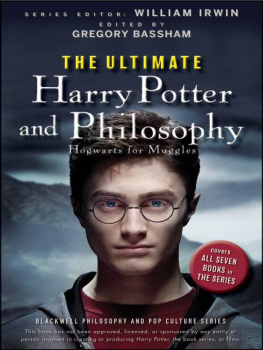

![J K Rowling - Harry Potter [Complete Collection]](/uploads/posts/book/117015/thumbs/j-k-rowling-harry-potter-complete-collection.jpg)
